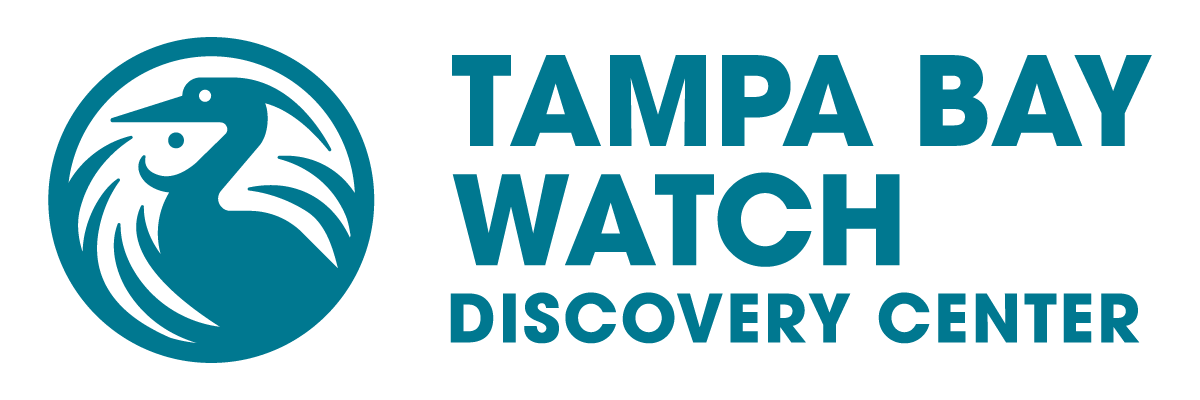What is citizen science?
It’s the collection and analysis of data relating to the natural world by members of the general public, typically as part of a collaborative project with professional scientists.
At the Discovery Center, visitors can take part in important research to support global marine conservation efforts. Read about some of the projects we are involved in below. Contact us to find out how to participate.
Citizen Science at the Discovery Center
-
The Florida Fish and Wildlife Conservation Commission depends on information from ordinary citizens to manage invasive species populations. Sightings can be phoned in or reported online.
-
On eco tours and field trips, participants take part in seahorse research and conservation by collecting the animals with a net, identifying their size and sex, then releasing them back into the water. iSeahorse is a program run by Project Seahorse. Scientists and experts use the collected data to better understand seahorse behavior, species ranges and the threats they face.
-
EarthEcho International develops and runs renowned programs that equip new generations of leaders to identify and tackle environmental challenges. The EarthEcho Water Challenge promotes the protection of water resources we depend on every day. Students collect and test local water parameters to monitor water quality, then contribute that data to a database tracking the health of the world’s oceans. Participating in the EarthEcho Water Challenge allows students to play a small but vital role in solving water problems worldwide.
-
The Florida Microplastic Awareness Project (FMAP) is part of the National Oceanic and Atmospheric Administration’s (NOAA) Marine Debris Program. Students and volunteers collect coastal water samples and filter them to collect and identify microplastics. They contribute their findings to a statewide database that provides a comprehensive understanding of the impact that plastic has on our local waters. The larger goal is to reduce the negative impact of microplastics worldwide.
-
Volunteers gather for local coastal cleanups and record their findings. This popular program, founded by the Ocean Conservancy, has collected more than 220 million pounds of trash in more than a hundred countries. The collected data goes into the Ocean Conservancy's global database. Along the way, participants learn more about the leading contributors to marine debris, and get the satisfaction of knowing they contributed to the solution.
-
The Tampa Bay Watch Discovery Center conducts opportunistic dorsal fin photo identification research on our eco tours. This involves taking photos of wild dolphins and using unique fin markings to tell individuals apart. Combined with associated behavioral observations, the photos are used to keep valuable records of the bay's wild resident bottlenose dolphin population. By conducting this research, we can better understand population dynamics, life histories, and potential human-related disturbances. We follow NOAA's Dolphin SMART viewing recommendations to reduce disturbance and promote wild dolphin conservation.
-
The National Phytoplankton Monitoring Network (PMN) is a community-based network of volunteers monitoring marine phytoplankton and harmful algal blooms (HABs), such as Red Tide. PMN recognizes the interrelationships between humans and coastal ecosystems while providing volunteer citizen scientists with meaningful opportunities for hands-on science engagement. Through bi-weekly monitoring efforts, Tampa Bay Watch supports agency response to and the management of the growing threat posed by HABs by collecting important data for species composition and distribution in coastal waters and creating working relationships between volunteers and professional marine biotoxin researchers.


